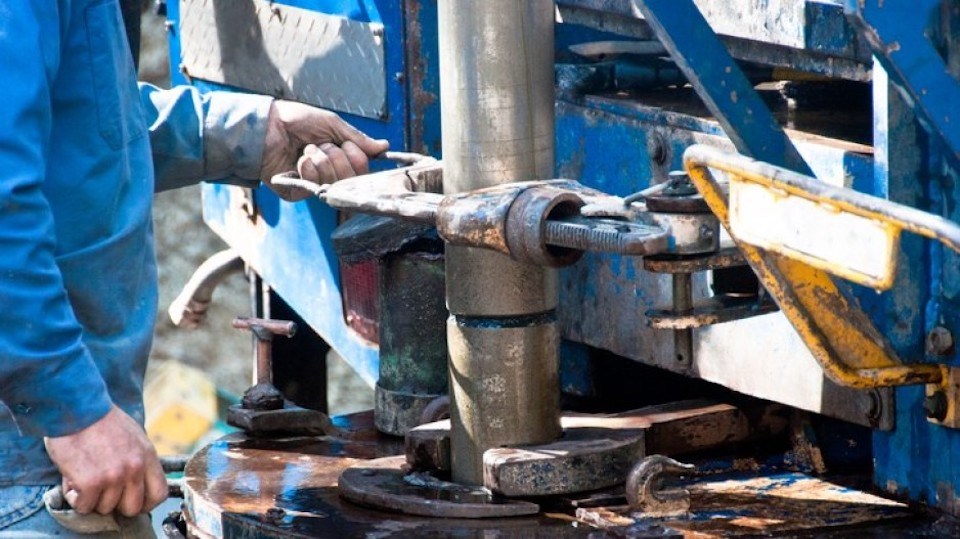Thousands of existing well owners across B.C. are now drawing water illegally, after a deadline for existing non-domestic groundwater users to secure historic water rights passed March 1.
The province expected the owners of about 20,000 wells in operation prior to 2016 to apply for groundwater licences, giving them first in time, first in right priority over new users during periods of drought and scarcity. But just over 7,600 applications were received by March 1, effectively resulting in thousands of water users from industrial facilities to tourism operations falling afoul of licensing laws.
“It’s illegal for those people to be using the water now, since March 2,” said Dave Mercer, general manager of the BC Ground Water Association.
BCWGA represents well drillers, technical consultants and other suppliers to well owners. Many of its members were going flat-out in the weeks leading up to the March 1 licensing deadline. According to provincial statistics, more than 3,000 licence applications were received over the past month.
“Many of our consultant members have been almost impossible to get hold of because that’s all they’ve been doing for the last month,” Mercer said.
B.C. was the last jurisdiction in North America to regulate groundwater use when it introduced the current regime in 2016. While wells previously needed to be registered, actual use was not managed. The province gave existing non-domestic groundwater users until March 1 to secure their historic water rights, after which they would have to apply as new users and face a fee of $1,000 as well as greater scrutiny.
“You can only apply now as a new user, and what that means is you’ve given up your historic water rights,” Mercer explained.
While large businesses are probably OK, Mercer suspects that smaller businesses could be caught out.
“It’s these small ones that are the ones, by and large, that haven’t,” he said. “We’re very interested in seeing what the government does next.”
The BC Ministry of Forests, Lands, Natural Resource Operations and Rural Development, which has overseen licensing, says it won’t be unreasonable with well owners who haven’t applied for licences and are now using water illegally.
“We are serious about the need of users getting this done and we urge groundwater users to get their applications in,” a statement from the ministry said.
But without a clear response, the Partnership for Water Sustainability in BC warned the province risks undermining the system it’s put in place to manage groundwater.
“If government does not ‘fix’ the groundwater licensing problem, it will get messy for everyone after March 1, 2022. It is inevitable that government will be forced to act against unlicensed
groundwater use, based on fairness to those who did apply,” it stated in a submission to last fall’s provincial budget consultation.
Partnership president Ted van der Gulik, a former senior water engineer with the province, says small businesses may not be shut down immediately but have lost their historical rights.
“If you’re in a place that has lots of water in your aquifer, I don’t think the province is going to come after you very quickly, but what you need to remember is, if you have not applied, all new applications jump in front of you,” he said.




